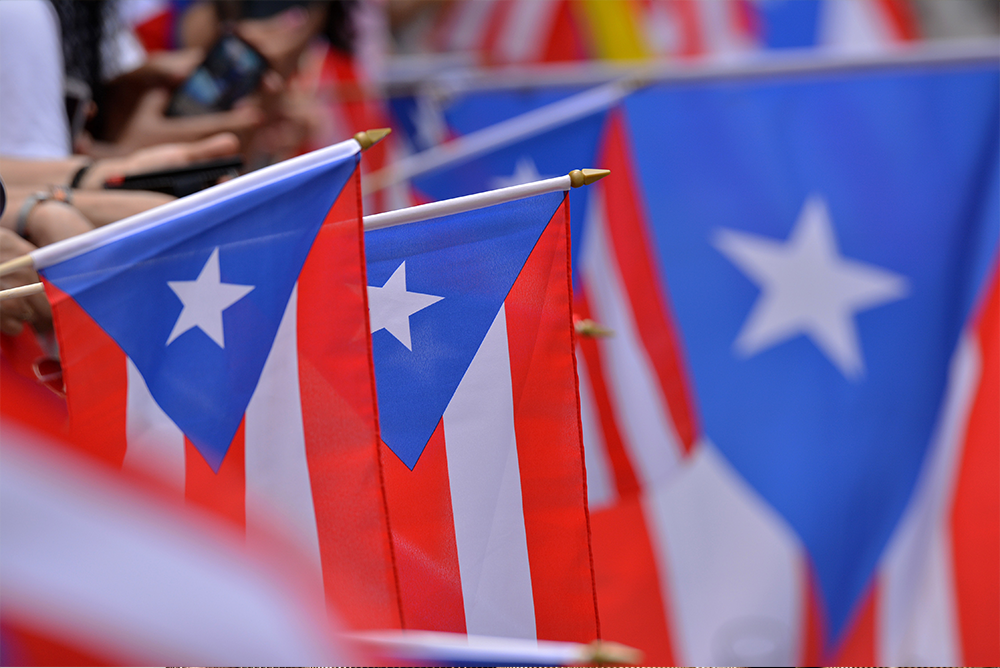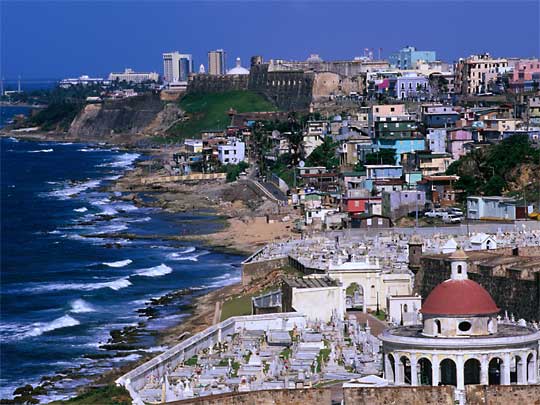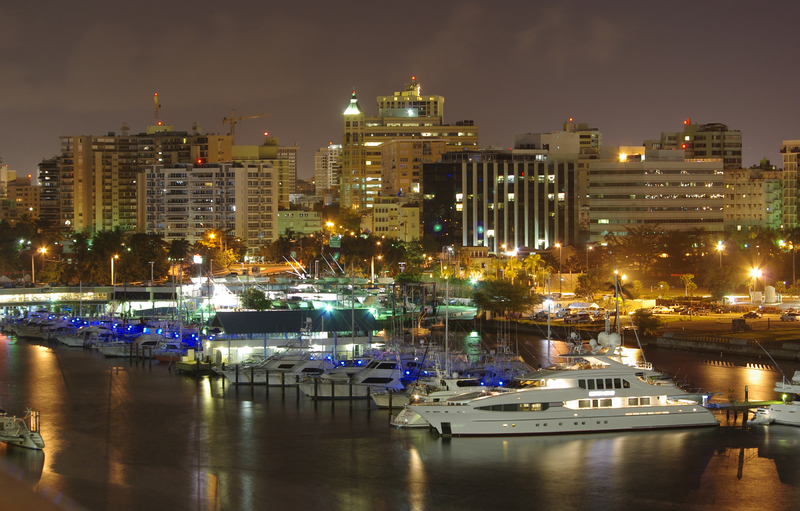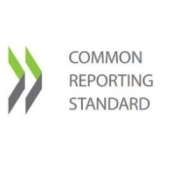Foreign Earned Income Exclusion or Puerto Rico Tax Deal?
In this post, I will consider whether to live abroad and take the foreign earned income exclusion to save on US taxes or to live in the US territory of Puerto Rico. Both Puerto Rico and the foreign earned income exclusion are great tools for reducing your US tax bill. But, which one is right for you?
I should also mention that the foreign earned income exclusion and the tax deals available in Puerto Rico are the best and (basically) the only ways Americans can save on their taxes. Year after year, our tools are taken from us and we end up paying more and more simply because we have a blue passport.
The foreign earned income exclusion allows you to exclude up to $108,700 in ordinary or business income in 2021. If a husband and wife both work abroad, and both qualify for the exclusion, they can earn a combined $217,400 tax-free.
Any amount that you earn in excess of the FEIE will be taxable at your ordinary rate. I will assume that to be 30% for ease of calculation. I also note that you are taxed at the highest tax bracket. For example, if you earn $208,700 in 2021, you pay tax on only $100,000 but using the tax brackets as if you had earned the full $208,700.
I should point out that we expats are no longer able to hold income in excess of the FEIE in our offshore corporations tax-deferred. That benefit went out with the Trump tax cuts and is not coming back.
Puerto Rico basically has the opposite tax deal compared to the foreign earned income exclusion. You pay ordinary tax to Puerto Rico on your base salary, whatever that is, and then you pay 4% on all income over this amount.
Most determine their base salary to be $100,000, which is taxed at 30% (again, for ease of calculation). Then, all qualifying business income over this amount is taxed at only 4%.
- Note that you also pay 0% tax on capital gains on assets purchased after you move to Puerto Rico. This article is focused on business income.
So, someone earning $100,000 a year would pay zero tax using the foreign earned income exclusion and $30,000 in tax using the Puerto Rico tax deals.
If that same person made $500,000 from a qualifying business, they would pay $120,000 (30% of $400,000) using the foreign earned income exclusion and $46,000 ($30,000 on the first $100,000 and $16,000 on the remaining $400,000) using the Puerto Rico tax deal. As your income goes up, so does the value of Puerto Rico’s tax program.
To qualify for the FEIE, most need to spend 330 days a year outside of the United States, especially during their first year abroad. To qualify for the Puerto Rico tax deal, you need to move to Puerto Rico, make that your home base, and spend at least 183 days a year on the island.
Many find the Puerto Rico requirements easier to manage. However, in both cases, you need to be willing to move and spend a considerable amount of time in your new home base. The key to success, and being audit-proof, is committing to the expat lifestyle.
Note that the Puerto Rico tax deal does not only eliminate your State tax. It eliminates both your Federal and State tax. While moving from California to Texas has become popular, how about moving to Puerto Rico and going from a 45% rate (CA and Federal) to a 4% rate?
The Puerto Rico tax deal is focused on those who move a business to the island. The purpose of the program is to bring high-net-worth individuals and quality jobs to the territory. In contrast, the FEIE applies to business income as well as a salary you earn from an employer.
The problem with the FEIE is that you might still get stuck paying 15% self-employment tax. If you operate a business, and file using a Schedule C, you must pay self-employment tax to the IRS.
You can eliminate this tax by setting up an offshore corporation. Income goes into the foreign corporation and you draw out a salary. This salary will not be subject to self-employment or payroll taxes.
So, which is right for you? The FEIE or Puerto Rico’s tax deal? In years gone by, this was a challenging question. When we could hold income in excess of the FEIE tax-deferred in an offshore corporation, the calculation was complex.
Today, it’s simple. If you’re single and make $100,000, then it’s the FEIE for you. If you’re married, and both work in the business, then this increases to $200,000 and you should stick with the foreign earned income exclusion.
Because your expenses will be higher in Puerto Rico, there is some room for debate regarding a single person making $200,000. However, if you are making $300,000, then Puerto Rico should be an easy decision.
Likewise, if you expect your business to net $500,000, then why bother with the FEIE? Get yourself to Puerto Rico immediately. If you will have capital gains on assets purchased after the move, Puerto Rico will look even better.
I hope this article comparing the foreign earned income and the Puerto Rico tax deal have been helpful. For assistance setting up an offshore corporation, or with moving to Puerto Rico, please contact me at info@premieroffshore.com.











